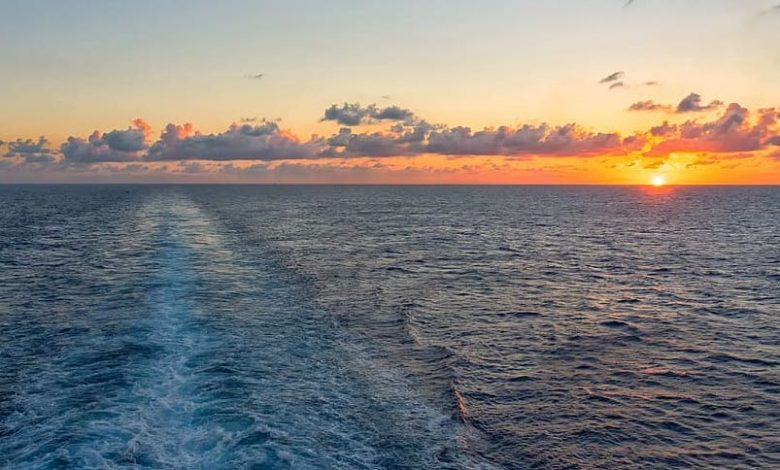ICS proposes new green fuel fund and reward system

The next gathering of the Marine Environment Protection Committee (MEPC) at the International Maritime Organization (IMO) is weeks away and submissions to green the industry are flying into the United Nations body.
After seeing its $5bn research and development fund idea fail to attract regulatory interest, lobby group the International Chamber of Shipping (ICS) has announced plans for a fund and reward system which would reward first movers using or producing green fuels for the shipping industry.
Under the new ICS plan, ships would be rewarded based on the amount of greenhouse gas emissions they save, with estimates showing ships could save more than $1m per year through early adoption of zero-carbon fuels. The reward rate would be calculated based on CO2 emissions prevented, and funded via a mandatory flat rate contribution from ships per tonne of CO2 emitted.
The ICS fund and reward proposal combines elements of various recent greenhouse gas reduction proposals from a number of governments, plus a flat rate contribution system previously proposed by ICS and Intercargo, and ideas recently put forward for a global IMO measure by the European Union.
ICS has proposed that contributions from the global fleet be gathered in a so-called International Maritime Sustainability Fund. Such a fund, the body said, could raise billions of dollars annually, which would then be committed both to narrowing the price gap, globally, between existing high carbon marine fuels and alternative fuels, as well as supporting investment in developing nations for the production of new marine fuels and bunkering infrastructure. The ICS proposal aims to ensure that at least 5% of the energy used by the world fleet in 2030 is produced from alternative fuels.
ICS’s chairman, Emanuele Grimaldi, said: “With the ICS fund and reward proposal, IMO member states have a new but very short window of opportunity to put in place a global economic measure which can kick start the development and production of alternative fuels for shipping. To achieve net zero mid-century, these new fuels must start to become available in significant quantities on a commercial basis no later than about 2030. Compromise is always difficult but, in any negotiation, having a proposal like this can enable everyone to come together.”
ICS’s secretary general, Guy Platten, suggested that the fund proposal had the potential to go beyond the traditional reach of the IMO, boosting investment for the fuel production and bunkering infrastructure in ports worldwide.
As well as MEPC in December, the 2022 United Nations Climate Change Conference, more commonly referred to as COP27, will take place in Egypt from November 6. Splash will be bringing readers key takeaways from both summits.
